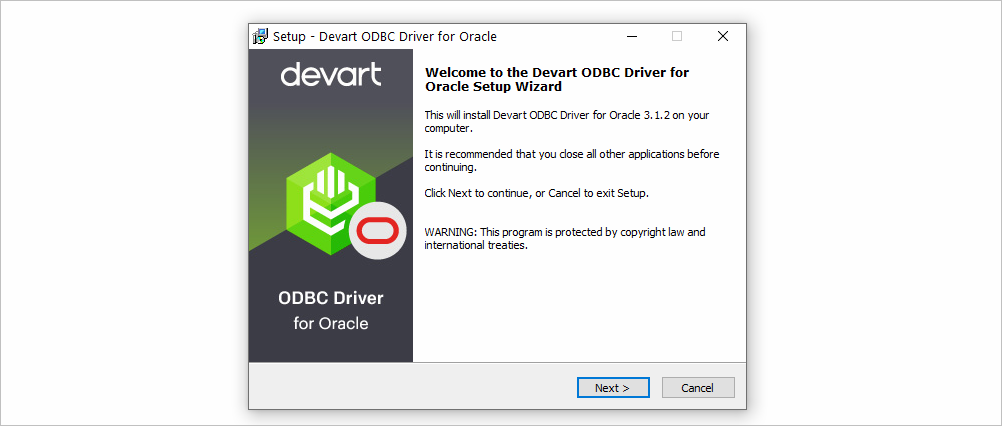

- #CHANGE ODBC TIMEOUT INSTALL#
- #CHANGE ODBC TIMEOUT DRIVERS#
- #CHANGE ODBC TIMEOUT UPGRADE#
- #CHANGE ODBC TIMEOUT CODE#
Timestamp and Datetime Changes: SQL_DATETIME and SQL_TIMESTAMP no longer are automatically converted to UTC from how they were stored in the table. See the documentation below for a list of all the changes.
#CHANGE ODBC TIMEOUT UPGRADE#
This means that if you upgrade your Node.js version, there is no need to recompile the package, it just works!ĪPI Changes: The API has been changed and simplified. Rewritten with N-API: node-odbc was completely rewritten using node-addon-api, a C++ wrapper for N-API, which created an engine-agnostic and ABI-stable package. node-odbc now uses SQLBindCol for binding result sets, which for large queries is orders of magnitude faster. For ODBC afficianados, node-odbc used to retrieved results using SQLGetData, which works for small amounts of data but is slow for large datasets. Performance improvements: The underlying ODBC function calls have been reworked to greatly improve performance. If a callback is passed to the ODBC functions, then the old callback behavior will be used. If a callback function is not passed, the ODBC functions will return a native Promise. Promise support: All asynchronous functions can now be used with native JavaScript Promises. The following list highlights the major improvements and potential code-breaking changes. Node-odbc has recently been upgraded from its initial release. Enter the location where you want the log file to go in "Log File Path", then click "Start Tracing Now". Open up ODBC Data Source Administrator and select the "Tracing" tab. ODBC Data Source Administrator (Windows):
#CHANGE ODBC TIMEOUT INSTALL#
When all these steps have been completed, install node-odbc into your Node.js project by using:ĭebug information will be appended to the trace file. They must be set up for ODBC functions to correctly interact with your database. Odbc.ini and odbcinst.ini: These files define your DSNs (data source names) and ODBC drivers, respectively. See the website of your DBMS for more information.
#CHANGE ODBC TIMEOUT DRIVERS#
Install ODBC drivers for target database: Most database management system providers offer ODBC drivers for their product.

#CHANGE ODBC TIMEOUT CODE#
This package is a native addon, built with C++ code using node-addon-api, a C++ wrapper for N-API.


 0 kommentar(er)
0 kommentar(er)
